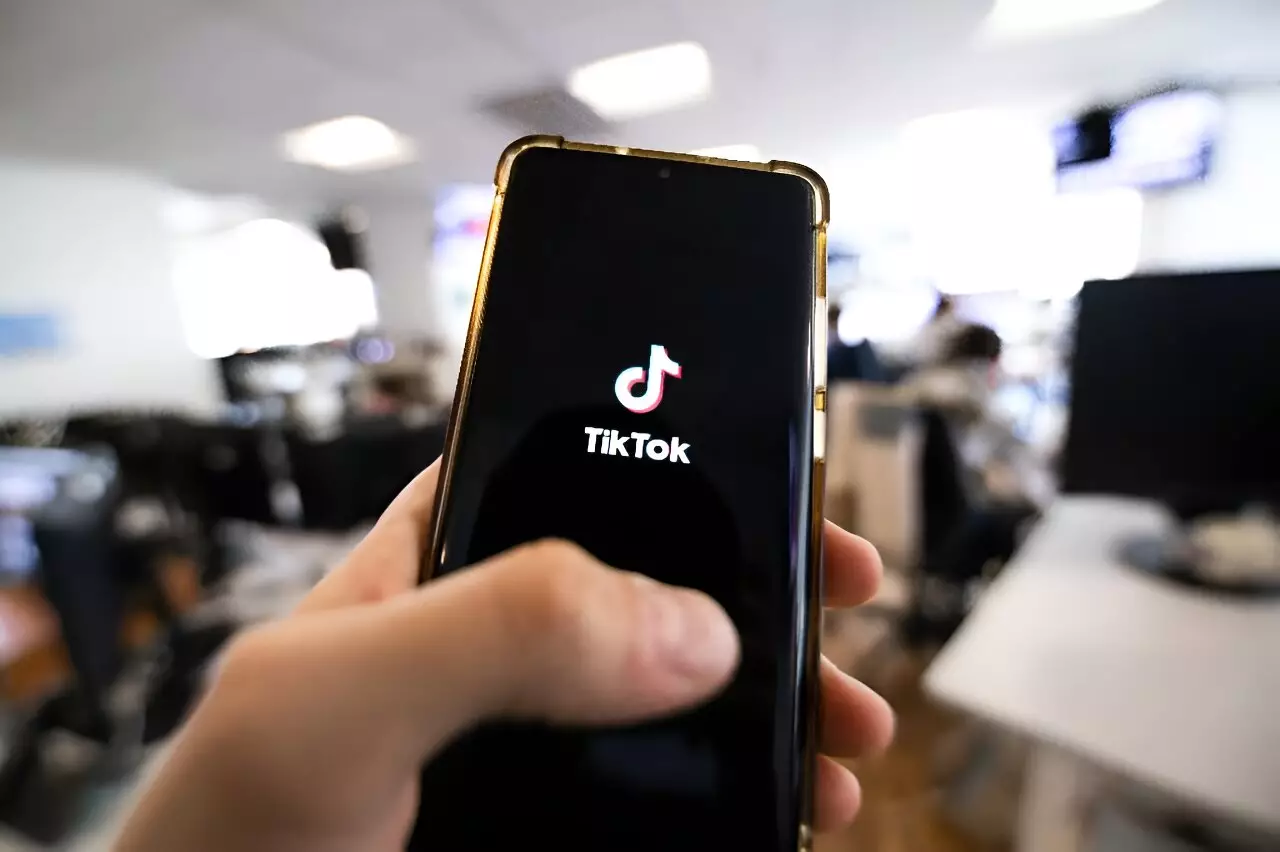The future of TikTok in the United States hangs in the balance as the popular video-sharing platform prepares to challenge a federal law that mandates its divestiture from Chinese ownership. This contentious legal battle encapsulates the larger debate surrounding national security and free speech, while also illustrating the complexities of geopolitical dynamics and modern communication. As TikTok faces potential restrictions, the implications for millions of American users and broader US-China relations are profound.
The crux of TikTok’s legal argument revolves around claims that the law requiring it to sever ties with its parent company, ByteDance, violates the First Amendment. TikTok asserts that divesting from its Chinese ownership would stifle free expression, effectively stripping the platform of its unique features that allow for tailored content delivery. The app boasts around 170 million users in the U.S., many of whom rely on the platform for creative expression and communication, making the stakes high for both the company and its user base.
The U.S. government, on the other hand, frames its argument around national security concerns. Officials argue that ByteDance’s Chinese ownership poses significant risks, suggesting that the platform could be exploited to further Chinese state interests, such as surveillance or propaganda. The Department of Justice has emphasized that national security considerations can and should supersede free speech guarantees when they intersect with potential threats to the country. This conflict between protecting American interests and upholding individual liberties presents a complicated legal challenge.
Political Dimensions: A Divided Response
The political landscape surrounding TikTok’s fate is multifaceted. Interestingly, while the Democratic administration under President Biden has pushed for the law mandating divestiture, former President Donald Trump, who originally sought to ban TikTok during his tenure, has recently reversed his stance. Trump now encourages supporters to vote for him as a means of preserving TikTok’s presence in the U.S. This Republican shift reflects a growing recognition of TikTok’s immense popularity among younger voters, making its fate not just a legal issue but a political one as well.
In contrast, Biden’s approach aims to strike a balance between national security and effective engagement with a digital-savvy electorate. The rise of figures like Vice President Kamala Harris on social media platforms exemplifies this recognition; her continued presence on TikTok signifies an effort to communicate directly with younger demographics who view these platforms as an essential mode of expression.
As the legal proceedings unfold, the possibility of escalating the matter to the Supreme Court looms large. Legal experts anticipate that even if the D.C. Circuit Court rules in favor of TikTok, the case is unlikely to end there. The Supreme Court, traditionally cautious about upholding national security arguments at the expense of First Amendment rights, may face a difficult decision. Historically, the court has been reluctant to allow government regulations that could restrict free speech, especially in contexts that involve the Internet and digital communication.
Professors and legal scholars note that much of the government’s national security rationale remains undisclosed, raising concerns about transparency and public trust. This lack of clarity complicates attempts to assess the legitimacy of the claims made against TikTok and ByteDance. Should the court lean towards prioritizing national security over free speech, it could set a troubling precedent with far-reaching implications for future technological innovations and platforms.
The TikTok legal saga exemplifies the profound challenges of navigating national security and civil liberties in an increasingly digital landscape. As the platform’s users await the court’s decision, it highlights how much communication has evolved, necessitating new legal frameworks that account for the complexities of globalization and rapid technological advancement.
Ultimately, the outcome will resonate beyond TikTok; it will shape how the U.S. deals with foreign ownership of technology companies and emerge as a case study in balancing competing interests. In a world where digital platforms serve as vital conduits for self-expression and connection, finding a harmonious resolution that respects both national security and free speech may remain one of the significant challenges of our time.


Leave a Reply